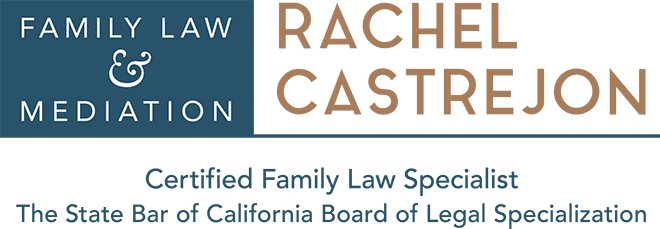How to Obtain Your Spouse’s Financial Information

It is critical to understand your financial picture when you are going through divorce. Often, your spouse holds important information about your finances that you do not have access to. There are several mechanisms through which you can obtain your spouse’s financial information, all of which fall under the general process called “discovery.”
Financial disclosure is mandated by law
In family law cases, full, financial disclosure is mandated by law. That means that both parties to the divorce action are required to exchange complete financial disclosures prior to finalizing their divorce. However, often, the mandatory financial disclosures are lacking in critical information about the value of a business, the true income of the other party or the value of certain assets.
Your options if the disclosure doesn’t have enough of your spouse’s financial information
In the event that the information contained in the mandatory disclosures is insufficient to enable you to determine the value of assets and liabilities or to determine what the other spouse’s compensation is for purposes of calculation of support, you can issue formal discovery requests in the form of a Request for Production of Documents, Interrogatories (Special or Form), Requests for Admissions, Subpoenas, and Notices of Depositions.
Each discovery tool requires the responding party to provide information requested in the discovery. For instance, if one party issues a Request for Production of Documents, the responding party is required to respond to the request and provide all documents responsive to the request within 30 days. Likewise, Interrogatories and Requests for Admission require the responding party to respond, in writing and under penalty of perjury, to the questions asked in the Interrogatories or Requests for Admissions.
Depositions require the person being deposed to appear and answer questions under penalty of perjury and subpoenas require third parties (i.e. employers and financial institutions) to provide documents related to the other party.
Which discovery tools are right for you?
To learn which discovery tools would be right in your case, call Rachel Castrejon.
